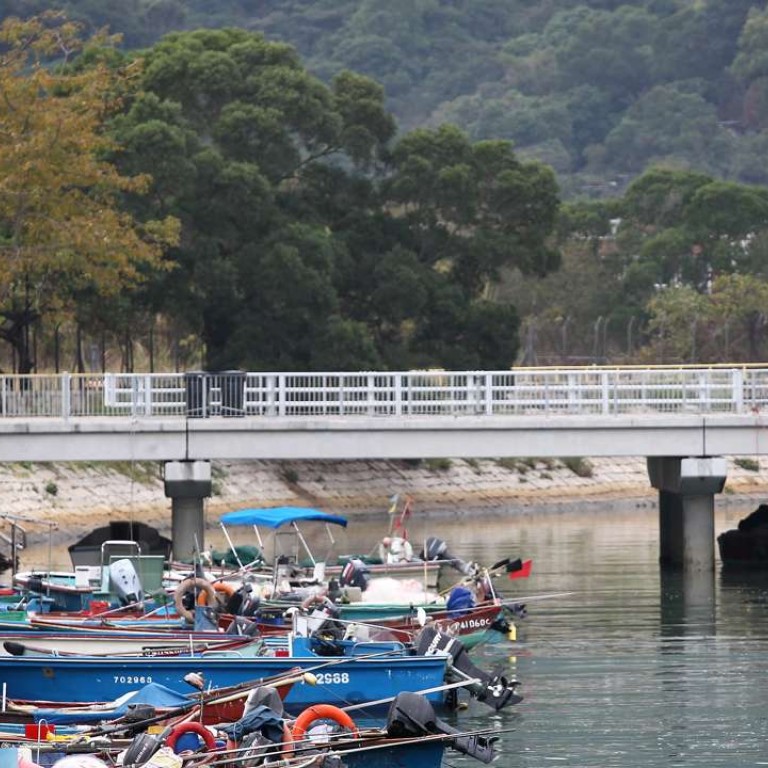
Try again: Lantau mixed-bag development plan misses the mark
The government can’t have it all with the Lantau development plan.
Hong Kong is a fast-growing city with a fixation on unlimited development, so much so that the government has been giving people the impression that public opposition does little to get grandiose infrastructure projects off the agenda. The development of Lantau Island is no exception.
However, the positioning of the development plan is all too elusive. Branded as a transport, tourism and economic metropolis housing one million people, Lantau is also purported to become the third central business district of Hong Kong. The wish list goes on: addressing the problems of housing shortage and overpopulation while offering business and employment opportunities.
It all seems too good an idea to be true. When development chief Paul Chan Mo-po tried to placate the public by saying that the government does not intend to turn the island into an entertainment hub, the enchantment is sapped. And what exactly is a tourism metropolis but not an entertainment hub?
Unrealistically, the government wants to have it all. As much as it is trying to please everyone, it is hard for this mixed bag idea to gain ground.
The administration need not rush into a consensus or decision; a more down-to-earth vision to engineer a plan more suited to the pressing needs of the city is more relevant. If it is the housing needs of Hongkongers that is the primary concern, work towards creating a long-term sustainable living environment for people, as opposed to a tourist-cum-residential hub which ends up alienating itself from its intended goal.
In question is a mega-infrastructure project, one that necessitates a facelift. The wish list put forward by the government speaks volumes of the scale of development and the environmental harm caused. Of particular concern is the massive reclamation proposed for an East Lantau Metropolis. It stands to reason that government assurances are nothing more than platitudes.
If Lantau is to reinvent itself, other pertinent questions to be asked involve accessibility and how local citizens would not be affected when the island is going to draw a large group of tourists, as the government envisaged.
While Lantau is the biggest island, its development is not informed by a needs analysis. The government is, therefore, misguided in trying to talk the public into accepting the need for development.
Borromeo Li Ka-kit, Happy Valley

